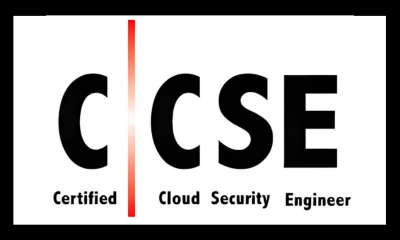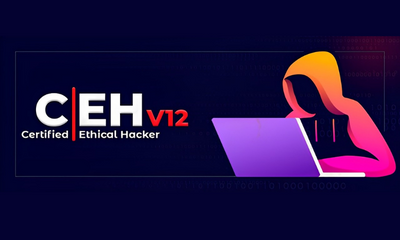Understanding cyber threats, indicators of compromise (IoCs), and attack methodology is critical for effective security operations center (SOC) management. SOC analysts must be able to identify and analyze different types of cyber threats and understand how they operate to effectively respond to incidents.
Cyber threats can be broadly categorized into two types: external and internal. External threats are those that originate outside the organization, such as phishing attacks, malware, and denial-of-service (DoS) attacks. Internal threats, on the other hand, are those that originate from within the organization, such as insider threats, human error, and policy violations.
Indicators of compromise (IoCs) are pieces of data that provide evidence of a cybersecurity incident. They include IP addresses, domain names, email addresses, hashes, and patterns of behavior that are associated with a specific threat or attack. SOC analysts use IoCs to detect, analyze, and respond to security incidents.
Attack methodology refers to the different ways in which cyber threats operate. Some common attack methodologies include social engineering, malware, and exploitation of vulnerabilities. Social engineering is a technique that involves manipulating people into divulging sensitive information, while malware refers to software that is designed to harm computer systems. Exploitation of vulnerabilities involves taking advantage of weaknesses in computer systems to gain unauthorized access or cause harm.
Understanding cyber threats, IoCs, and attack methodology is critical for effective SOC management. SOC analysts must be able to identify and analyze different types of cyber threats and understand how they operate to effectively respond to incidents.


_CC638186640316352627_.png)





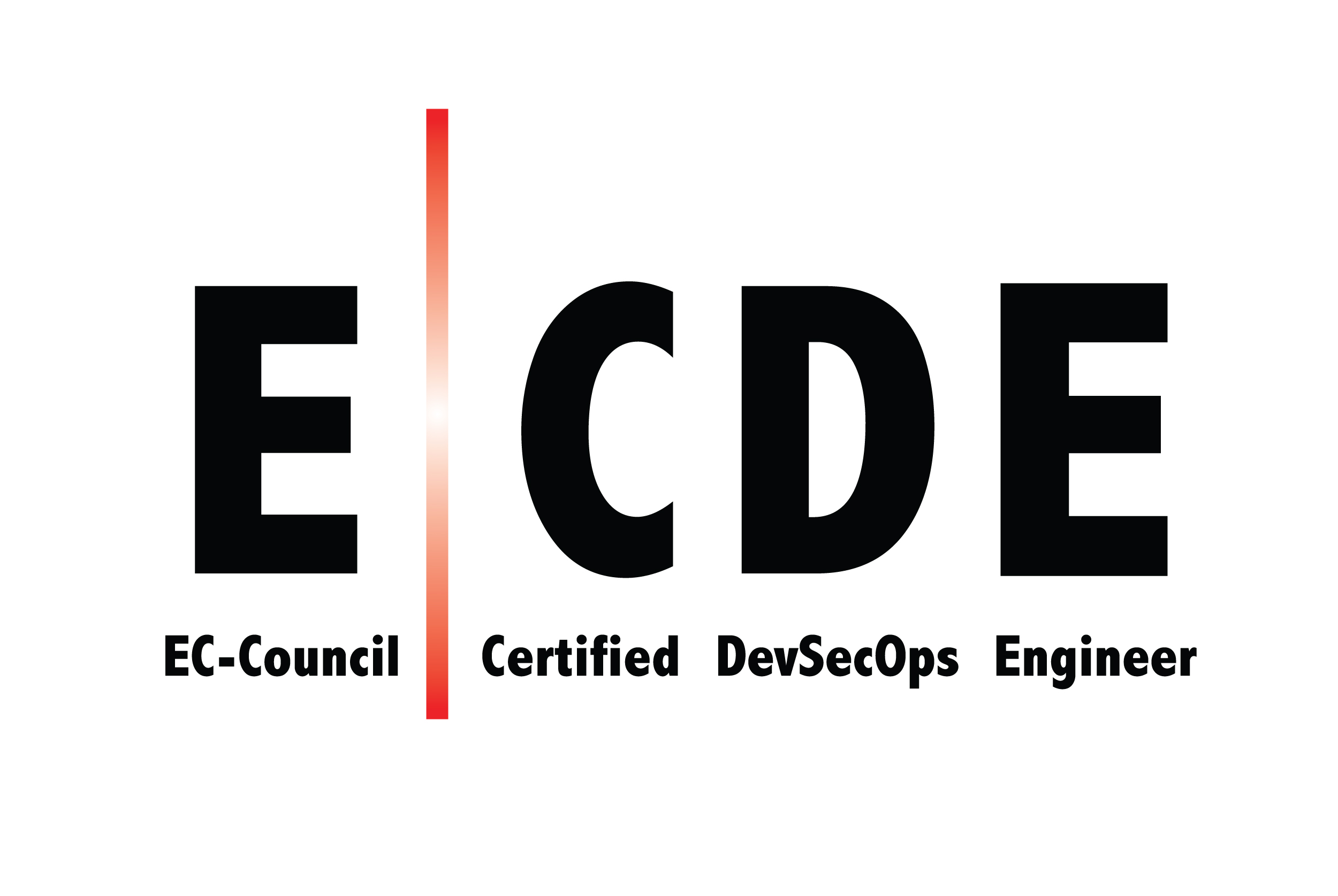
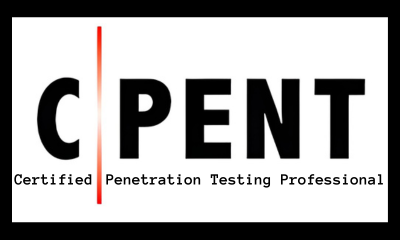
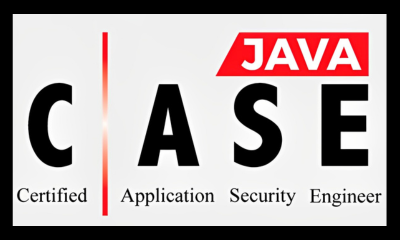
_CC638186862541370352_.png)

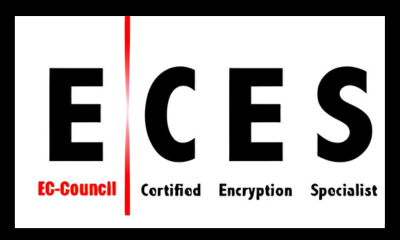
_CC638186813057884014_.png)
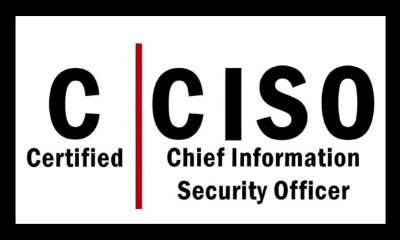
_CC638186806638949872_.png)
_CC638186739507153907_.png)

